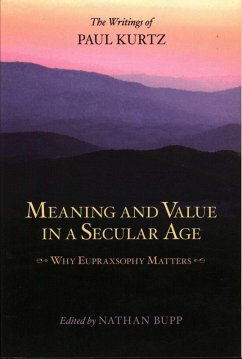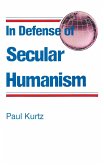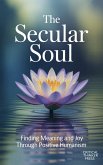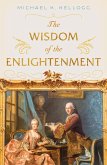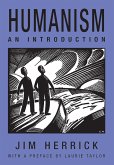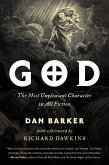The secular age has confronted human beings with a fundamental challenge. While the naturalistic worldview rooted in science has persuasively shown that traditional religious conceptions of the universe are unsustainable, it has so far offered no compelling secular narratives to replace the religious narratives so entrenched in civilization. In the absence of religion, how do thoughtful contemporary individuals find meaning in a secular world? In this book, philosopher Paul Kurtz argues for a new approach that he calls eupraxsophy. Kurtz first coined the term in 1988 to characterize a secular orientation to life that stands in contrast to religion. Derived from three ancient Greek roots, eupraxsophy literally means "good practice and wisdom." Drawing upon philosophy, science, and ethics, eupraxsophy provides a thoroughly secular moral vision, which respects the place of human values in the context of the natural world and presents an empirically responsible yet hopeful picture of the human situation and the cosmos in which we abide. Editor Nathan Bupp has conveniently gathered together Kurtz's key writings about the theory and practice of eupraxsophy for the first time in this volume.Written with eloquence and scope, these incisive essays show how Kurtz's brand of humanism moves above and beyond the current "new atheism." Eupraxsophy successfully bridges the cultural divide between science and value and provides a genuine and constructive alternative to religion. Bupp's informative introductionplaces the concept of eupraxsophy in historical perspective and shows why it is critically important, and relevant, today.
Dieser Download kann aus rechtlichen Gründen nur mit Rechnungsadresse in A, B, BG, CY, CZ, D, DK, EW, E, FIN, F, GR, HR, H, I, LT, L, LR, M, NL, PL, P, R, S, SLO, SK ausgeliefert werden.

